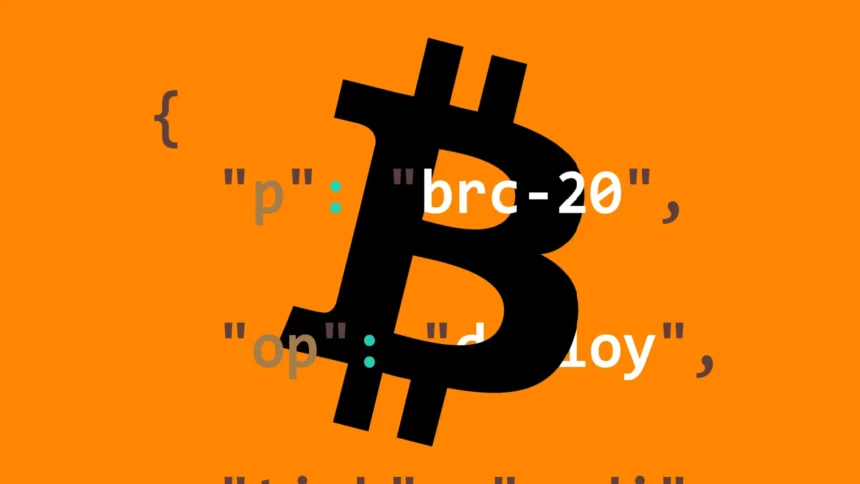
- WikiLeaks’ Project Spartacus preserves 76,911 Afghan War Logs through Bitcoin Ordinals for permanent, uncensored access.
- Blockchain technology ensures the immutable preservation of sensitive records, highlighting transparency and historical accountability.
Julian Assange, the founder of WikiLeaks, and his supporters have launched “Project Spartacus,” an ambitious project aimed at preserving 76,911 Afghan War Log files.
Originally leaked by Chelsea Manning and released by WikiLeaks in 2010, these files include thorough documentation of U.S. military actions in Afghanistan, including civilian losses and interrogation techniques.
Guaranteeing their immutability and durability, the initiative mints this private data straight onto the blockchain using Bitcoin’s Ordinal protocol.
WikiLeaks founder Julian Assange and his supporters launched "Project Spartacus" to mint 76,911 Afghan war log files into Bitcoin inscriptions on the Ordinals to ensure that these records are preserved forever. These files record confidential content in US military operations,…
— Wu Blockchain (@WuBlockchain) December 5, 2024
Preserving History Through Bitcoin Ordinals
The initiative presents a unique application of blockchain technology to safeguard historical documents that would otherwise face erasure or suppression due to censorship.
The project aims to protect these records by logging them onto the Bitcoin network, leveraging the decentralized and tamper-proof nature of blockchain technology.
This strategy not only guarantees that the knowledge stays easily available for next generations but also emphasizes the increasing application of blockchain as a tool for responsibility and openness.
Assange’s campaign chairman, Gabriel Shipton, who collaborates with OrdinalBot to inscribe these crucial notes, has demonstrated strong support for the project. Starting on December 12, individuals can mint entries straight onto the Bitcoin network from the Afghan War Diary.
Julian Assange’s wife, Stella Assange, has also supported the initiative, stressing Bitcoin’s part in enabling decentralized, publishing-based freedom of expression. She has referred to this program as a new frontier for safeguarding data essential to public knowledge of past events.
The initiative has attracted a lot of interest in the blockchain community since it shows how activism and technology interact to preserve legacy.
On the other hand, CNF had reported that the NFT marketplace OpenSea is getting ready for a significant makeover in December. The platform seeks to become once more a leader by supporting Bitcoin Ordinals.






